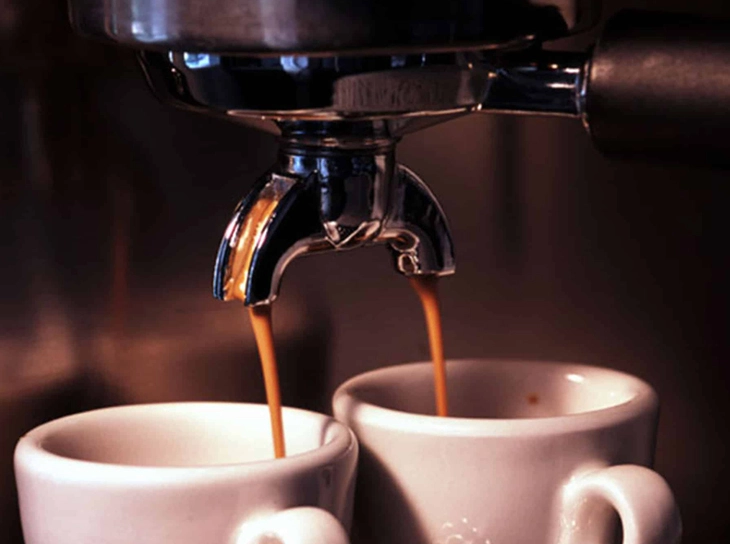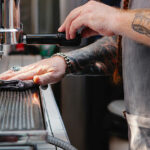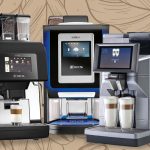Preparation Method
You have chosen the perfect blend of coffee beans, made sure it got to you as fresh as possible, now it is time to consider another aspect that will affect the taste, how to make coffee.
When it comes to coffee making there are various preparation methods, from the simplest to the more complex ones. This is the part of the coffee journey to your cup that you have most control over, and sometimes not only taste determines which method to choose but also time and practicality.
We will explain the most common methods and give some examples of equipment to use, then you can decide which ones suits you best. When it comes to a busy office environments manual methods such as filtration or dripping would be time consuming and make it hard to keep the place clean and tidy, so we recommend a commercial office coffee machine.
Coffee Dripping or Filtration
This method consists of pouring water over the coffee grinds through a filter. It is a common method amongst households and regular new utensils are launched to make a cup of coffee using this method.
To get it right keep in mind that each different utensil works better with a certain thickness of grind, the amount of grind, the quantity made and length of pouring, so you need to find the best one for your brewer and your taste.
This is a well-known method with many inexpensive utensils available for households.
For medium to large businesses this method can be inefficient as the amount of coffee per brew is limited and to produce another one is necessary to clean and restart it.
For a small team that tends to take breaks at similar times (to avoid having to repeat the process many times a day) a filtered coffee machine is a cost-efficient option.
The Taste
The amount of coffee used is the first thing that determines strength and flavour, the filtration length also influences the taste as the soft flavours come out of the coffee first than the bitter, therefore for a smoother brew just stop the filtration process earlier.
Coffee press
The coffee press method prepares your drink through immersion, it requires the coffee grinds to be mixed with hot water and left sitting to brew, then separating the coffee grinds from the coffee.
The French Press and soft brew are examples of this method. Easy to do, however, it will require your undivided attention because you can easily under or over steep. It takes longer than an espresso, depending on the coffee grinds it can take up to ten minutes immersion.
This method is good for a small household but not practical for a busy office environment. The amount of coffee produced is limited, the waiting time is long, and the process needs to be repeated many times to serve a group of people.
The Taste
The result is a smoother and lighter taste than the espresso but still full of flavour and aroma. It is ideal for those who finds the espresso too strong or too bitter.
Pressure
This process happens when pressurised hot water (between 91-95°) is pushed through a chamber of finely ground coffee, through a filter, resulting in the espresso.
The Mokapot and Aeropress uses this method and became popular amongst households, but the espresso machines are even more popular as it offers convenience and simplicity preparing the coffee drink at the touch of a button.
Many businesses looking to serve tasty cups of coffee with minimum waiting time are opting to buy or rent (link) their own machine, which regularly also serves the milk-based drinks as lattes and cappuccinos.
For medium to large demand, the bean to cup machines are a popular and smart option, it offers the freshest cup of coffee coming straight from the beans at a low cost per cup.
For smaller business, a high-quality capsule coffee machine is a great option. It offers a great taste, there is no need for a trained staff, it is easy to maintain and the it makes as many cups as you need.
The Taste
The espresso is full-bodied, strong and sharp, but it can have some variations depending on the machine calibration. Some machines with fresh milk can also be regulated by the coffee machine provider to have more or less black coffee in the mix.
You can choose the method that most suit your taste or use different methods at different times to fit your routine, but all utensils and machines will need a certain amount of cleaning and maintenance, so when it comes to offices coffee machine the best option is to choose a trusted partner that will look after everything for you, then you can focus on other important things for your business.



